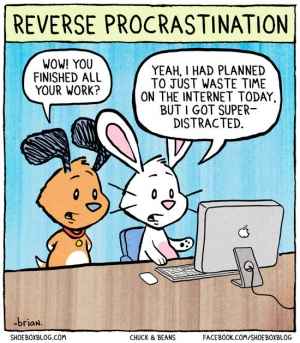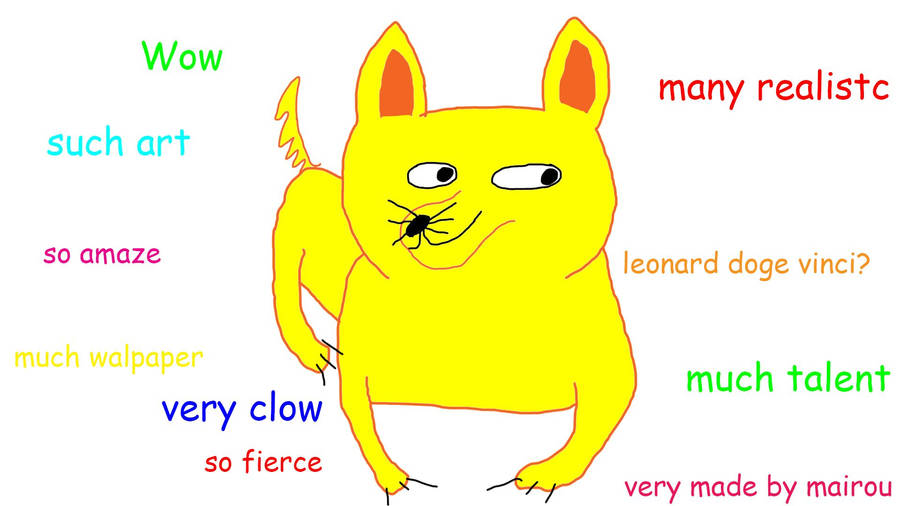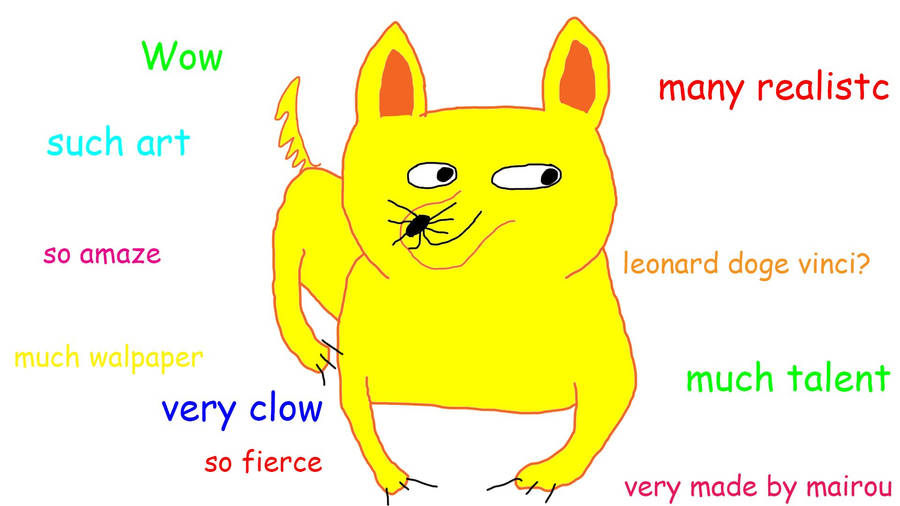I haven’t posted anything in a while, for a few reasons. I’ve been busy writing other things. I feel like many of the advocacy points I’ve made are still relevant (I often reply to a post on Official Playwrights of Facebook with one of my former posts because the information bears repeating). I haven’t had a great idea for a new series (if you’ve got one, message me!), though I think one might be gelling. So while I prepare to get that going, here’s just a little fun. Amidst all the things we find to complain about, especially when things aren’t going our way, there are shining moments that keep us going. Here are mine, but I’d love to hear yours!
1. Finally starting the play. We all have our go-to procrastinations—cleaning, Facebook, taking a walk—but they all lead up to the same thing: fear of diving in. I’m not sure if it’s fear the play won’t work or fear it will, but, for me, there’s something about writing that first scene that makes me feel all is right with the world. I’m working on something. I’m not in an abyss, scrambling to grab hold of an idea that will stick. I’m on a path. I can relax.

2. When the characters crystallize. Some people do entire character sketches before they begin a play, but my tendency is to put two ideas of characters in a situation and start writing. I don’t know them that well yet, but I know what they’re up against, and what they want. As I continue through the play, little by little, they start to emerge, and I go back over what I’ve previously written and amend to illustrate these people more precisely. And then suddenly, in the midst of that revising, enough details coalesce and—BAM!—I know exactly who they are.

3. Solving a major problem in the ten minutes before I’m fully awake. This is a magic time for me, that little space between sleep and wakefulness, because, often, play ideas live in that space. Some of them are ridiculous once I recall them in a conscious state; others I’ve followed through to completion, whether a ten-minute (“Gift Horse”) or a full-length (ELEVATOR GIRL). Most often, though—and with the same caveats for complete implausibility—problems get solved there. And if I wake up and am fortunate to remember what emerged, and write it down fast enough, I feel like I’ve been gifted.

4. When the play crystallizes. Similar and subsequent to characters crystallizing, but with the whole play. It very often happens after a #3 event, or when I get an image for exactly what the ending looks like, but it’s that moment that takes me from chugging up the roller coaster hill to hurtling down the other side with unstoppable momentum and exhilaration. I’m going to have another play—and it might even be good.

5. Typing END OF PLAY. No explanation needed.

6. The first reading. When writing a play, I find it so comforting to know that no matter how well I think it’s going, hearing it out loud, hearing from audiences and fellow theater friends, is going to make it better. It releases me from an enormous amount of pressure in trying to make it perfect as I’m struggling through that first draft. Revisions always follow, and the first reading—in addition to giving voice to the play —is the first step toward it becoming fully realized.
7. The end of a submitting session. Marketing sucks. Submitting sucks. These are the necessary evils that accompany all the previous thrilling moments. But submitting comes with its own thrill: the thrill of being in the game. And I never feel that more strongly than when I’ve spent a few hours getting plays out into the world. Nothing renews a sense of hope like putting more irons in the fire; it’s a numbers game and I’m playing.

8. The first nibble. A couple of years ago, I was bummed because a play of mine came in fifth in a contest where the first four selected moved on to readings and possible production. That play went on to be selected for and win many other notices, including the 2016 Kilroys List (though it still hasn’t been produced; a blog post about that journey is ready and waiting for a happy ending), which made me realize that that first nibble—whether it’s making it through the first cut, being a semi-finalist, or even being chosen for a reading—is validation, a predictor. Any time a play is chosen from a field of hundreds for any kind of recognition is validation that something is being done right. And when it’s my newest play, that nibble provides just the confidence I need to keep working at and improving it

9. The first bite. See number #8, multiply by 10. Someone loves my play enough to produce it.

10. Getting a check. Any check, even if it’s $10. Because it’s not about the money–I’m certainly not making enough at this to live on it–but something about receiving payment for playwriting tickles me every time. I can never shake the feeling that I’m getting away with something. Yesterday, I got two, neither of them very big but both with handwritten notes, which were more thrilling than the checks for their warmth and personal connection.

I know there are infinite joys in seeing a play produced, but I wanted to focus on the fleeting moments, the day-to-day sustenance, the appetizers that hold us over until the big meal. I hope you experience them often.
Please follow me on Twitter @donnahoke or like me on Facebook at Donna Hoke, Playwright.
Playwrights, remember to explore the Real Inspiration For Playwrights Project, a 52-post series of wonderful advice from Literary Managers and Artistic Directors on getting your plays produced. Click RIPP at the upper right.
To read #PLONY interviews, click here or #PLONY in the category listing at upper right.
To read the #365gratefulplaywright series, click here or the category listing at upper right.

Leave a Reply